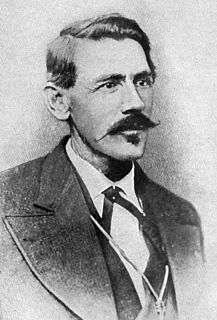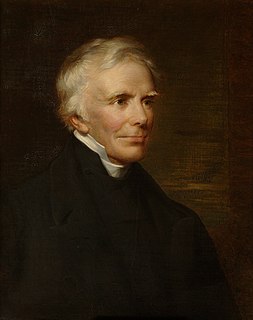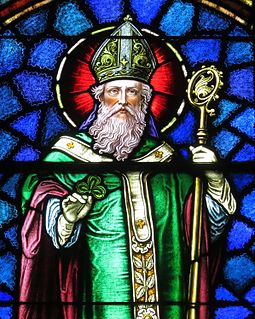A Quote by Thomas a Kempis
Whoever would fully and feelingly understand the words of Christ, must endeavor to conform his life wholly to the life of Christ.
Related Quotes
The earthly form of Christ is the form that died on the cross. The image of God is the image of Christ crucified. It is to this image that the life of the disciples must be conformed; in other words, they must be conformed to his death (Phil 3.10, Rom 6.4) The Christian life is a life of crucifixion (Gal 2.19) In baptism the form of Christ's death is impressed upon his own. They are dead to the flesh and to sin, they are dead to the world, and the world is dead to them (Gal 6.14). Anybody living in the strength of Christ's baptism lives in the strength of Christ's death.
He who knoweth and understandeth Christ's life, knoweth and understandeth Christ Himself; and in like manner, he who understandeth not His life, doth not understand Christ Himself. And he who believeth on Christ, believeth that His life is the best and noblest life that can be, and if a man believe not this, neither doth he believe on Christ Himself.
There is a warning. The path of God-exalting joy will cost you your life. Jesus said, “Whoever loses his life for my sake and the gospel’s will save it.” In other words, it is better to lose your life than to waste it. If you live gladly to make others glad in God, your life will be hard, your risks will be high, and your joy will be full. This is not a book about how to avoid a wounded life, but how to avoid a wasted life. Some of you will die in the service of Christ. That will not be a tragedy. Treasuring life above Christ is a tragedy.
Outside of Christ, I am only a sinner, but in Christ, I am saved. Outside of Christ, I am empty; in Christ, I am full. Outside of Christ, I am weak; in Christ, I am strong. Outside of Christ, I cannot; in Christ, I am more than able. Outside of Christ, I have been defeated; in Christ, I am already victorious. How meaningful are the words, "in Christ."
The utter failure came at the Crucifixion in the tragic words, 'My God, my God, why hast thou forsaken me?' If you want to understand the full tragedy of those words you must realize what they meant: Christ saw that his whole life, devoted to the truth according to his best conviction, had been a terrible illusion. He had lived it to the full absolutely sincerely, he had made his honest experiment, but it was nevertheless a compensation. On the cross his mission deserted him. But because he had lived so fully and devotedly he won through to the Resurrection body.
Christ prays in me, Christ works in me, Christ thinks in me, Christ looks through my eyes, Christ speaks through my words, Christ works with my hands, Christ walks with my feet, Christ loves with my heart. As St Paul's prayer was: I belong to Christ and nothing will separate me from the love of Christ. It was that oneness, oneness with God in the Holy Spirit.
If we take seriously the word-flesh Christology of Chalcedon (i.e., the doctrine that Christ is fully human and fully divine) and view Christ as the telos toward which God is drawing the whole of creation, then any view of the sciences that leaves Christ out of the picture must be seen as fundamentally deficient.
The inner essence of worship is cherishing Christ as gain - indeed as more gain than all that life can offer - family, career, retirement, fame, food, friends. The essence of worship is experiencing Christ as gain. Or to use words that we love to use around here: it is savoring Christ, treasuring Christ, being satisfied with Christ.
Christ used the flesh and blood of Mary for his life on earth, the Word of love was uttered in her heartbeat. Christ used his own body to utter his love on earth; his perfectly real body, with bone and sinew and blood and tears; Christ uses our bodies to express his love on earth, our humanity. A Christian life is a sacramental life, it is not a life lived only in the mind, only by the soul... Our humanity is the substance of the sacramental life of Christ in us, like the wheat for the host, like the grape for the chalice.


































